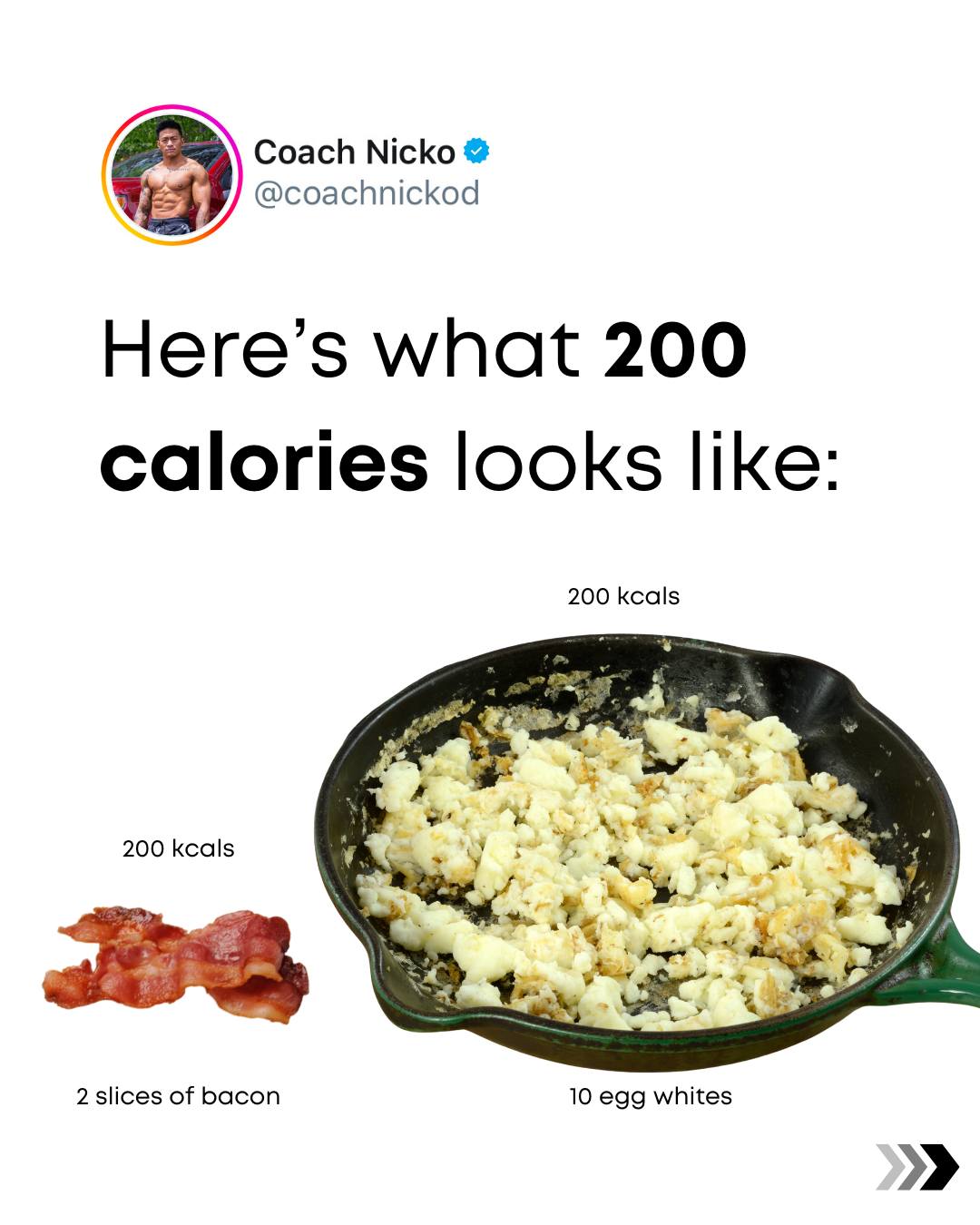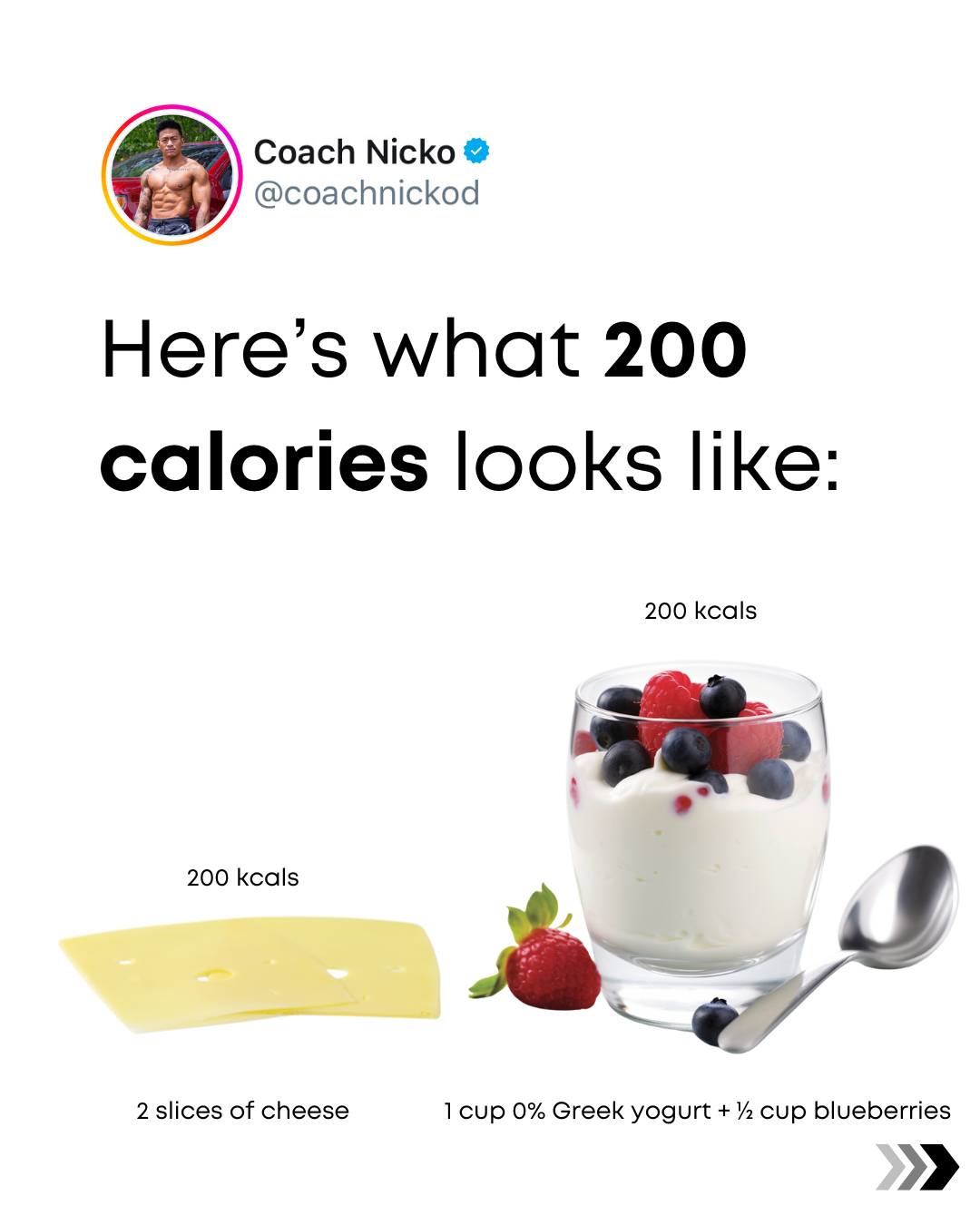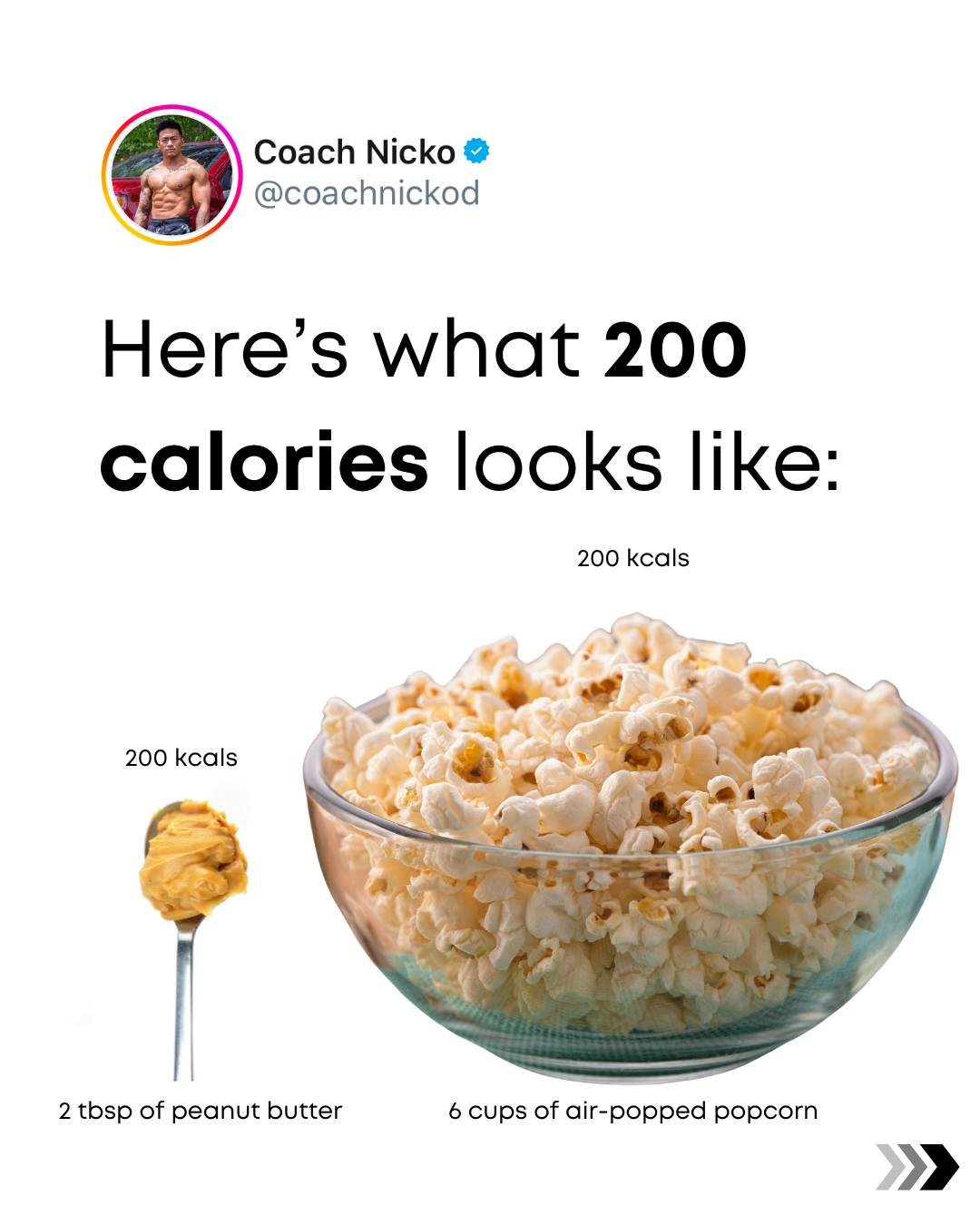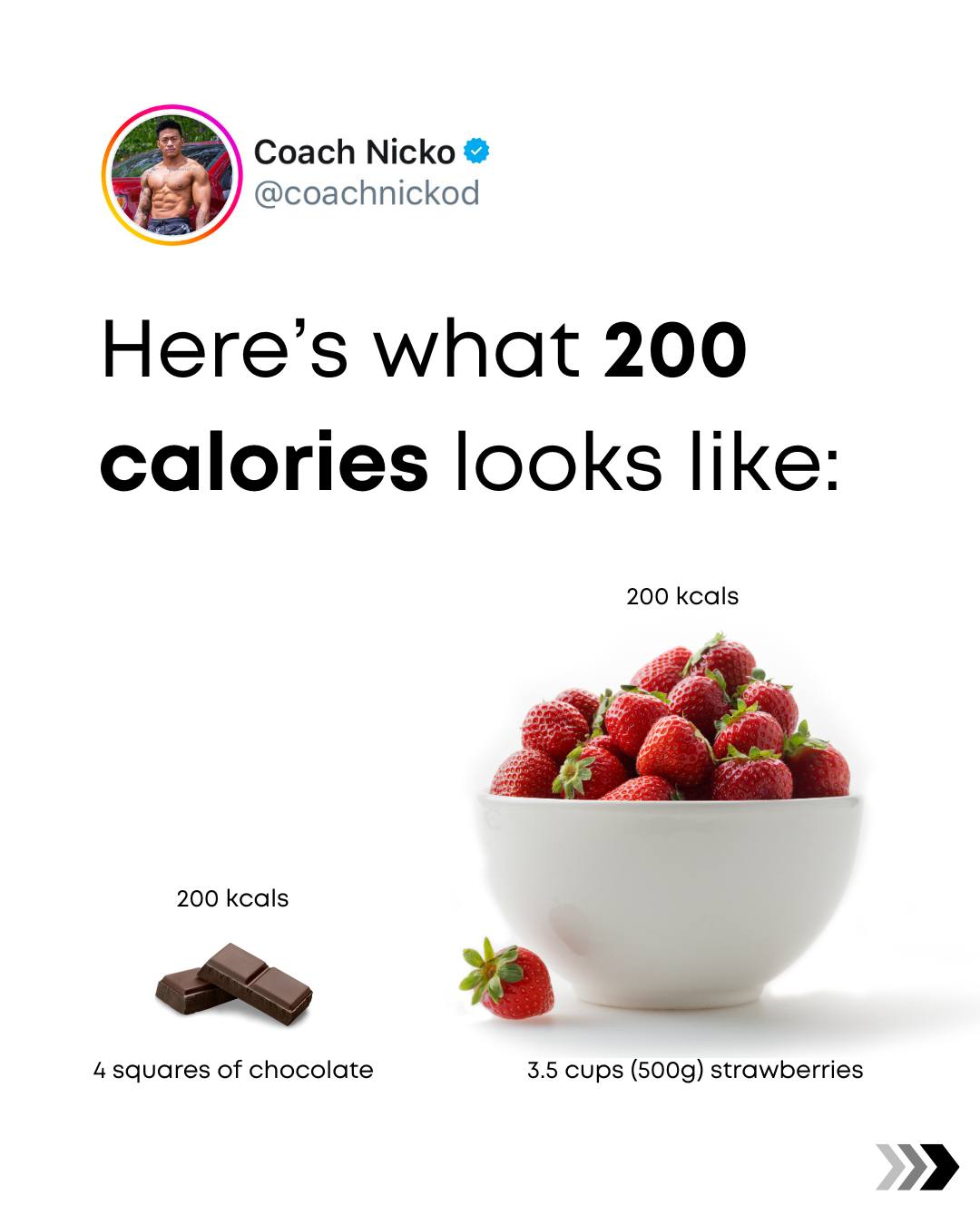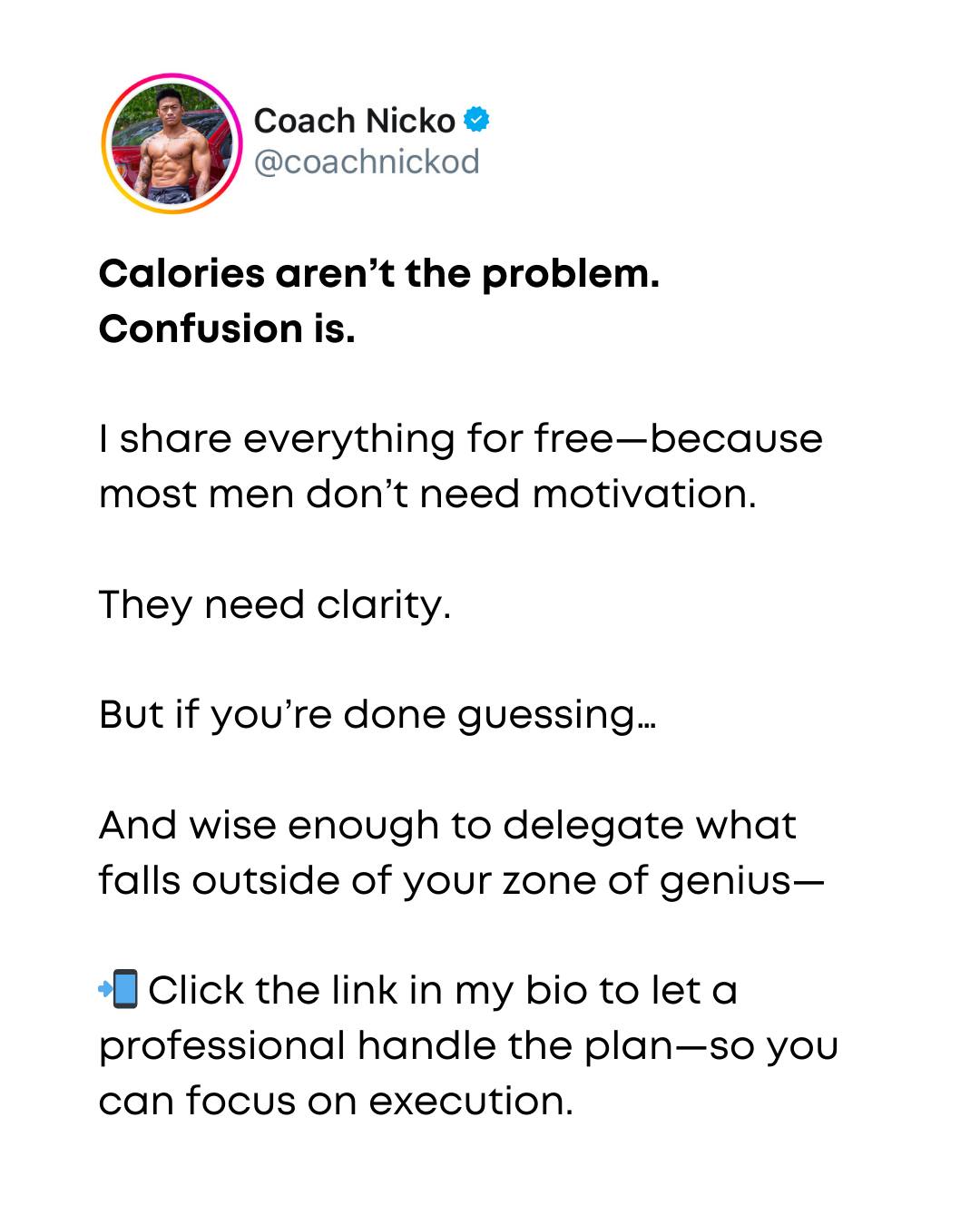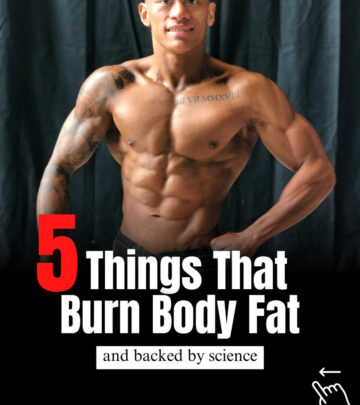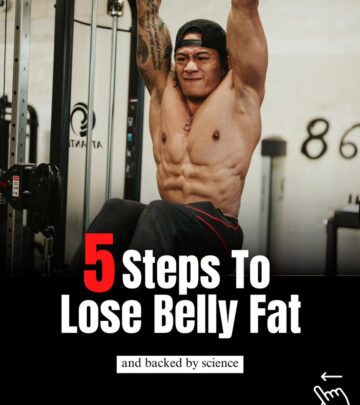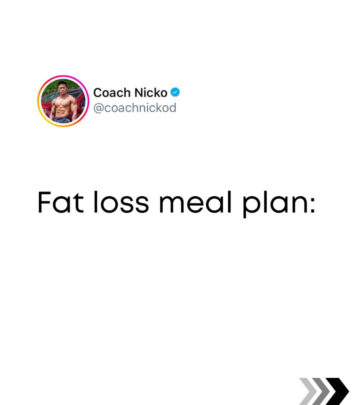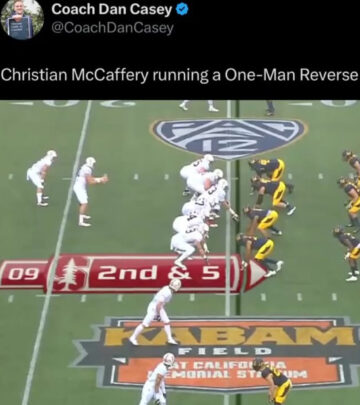Eat Smarter: The Truth Behind Calorie-Dense Foods
Discover how a small handful of trail mix packs the punch of a full plate of lean protein.
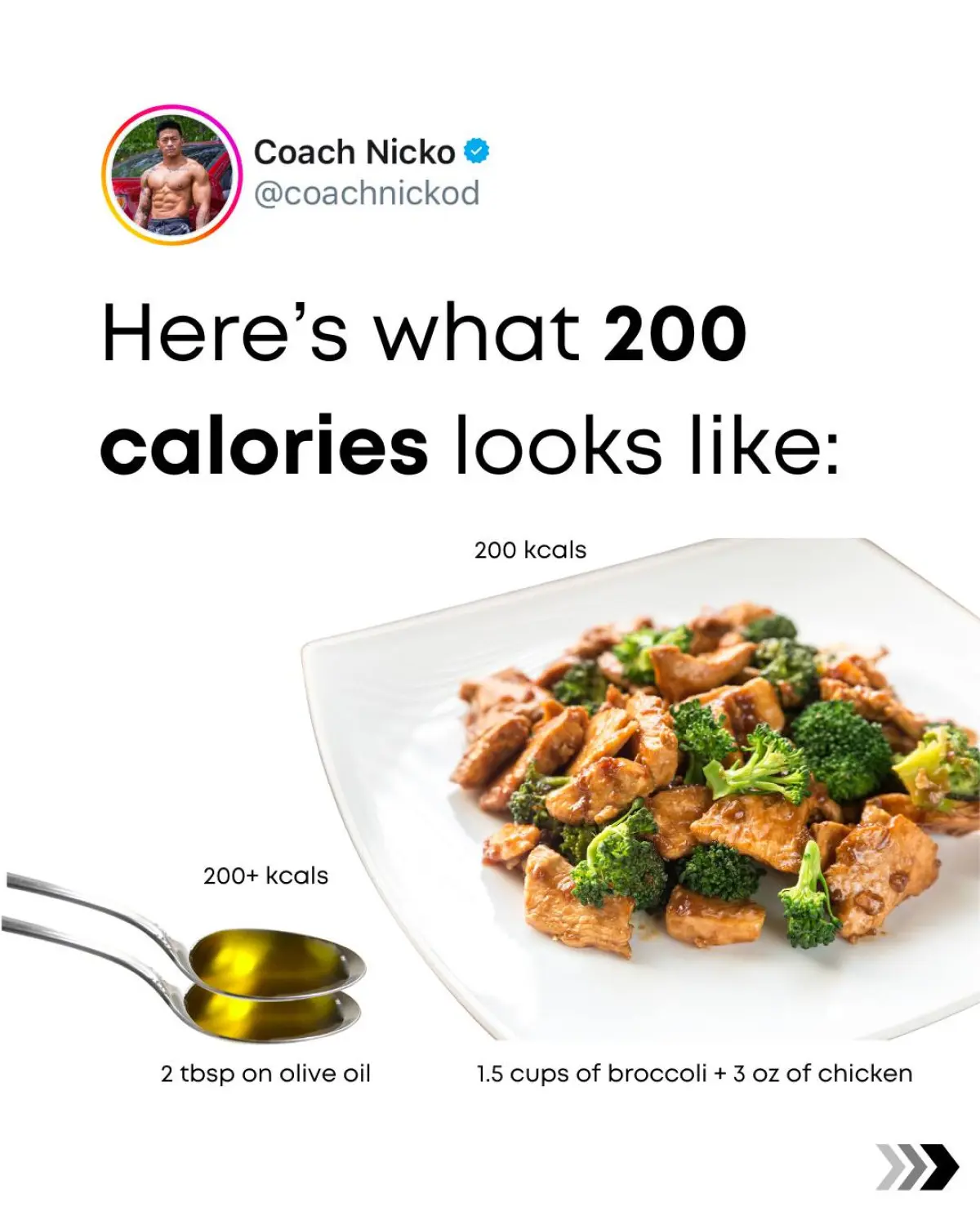
Image: Instagram
Nicko Dumadaug, known as the #1 Fat Loss Coach & Nutritionist For Men, has been challenging popular beliefs about food portions and calorie intake. In his recent social media post, Nicko explains that you’re not overeating – you’re simply underestimating the power of 200 calories. Through his straightforward advice, he shows that a small handful of trail mix can stand on par with a full plate of lean protein and veggies when it comes to calorie content.
Calorie Confusion Unraveled
Many people fall into the trap of equating volume with nutritional value. Nicko’s message is simple: the goal is not to eat less but to eat smarter. In his post, he draws attention to the contrast between calorie-dense foods and those high in volume. While foods like fruits and vegetables offer fullness and nutrients, they may not provide the same energy density as small amounts of other choices. According to Nicko, hidden calories can sneak into the diet, often leading to unexpected fat retention despite following what appears to be a clean-eating regimen.
Understanding the balance between calorie density and meal volume is essential for anyone striving for fat loss without compromising on muscle preservation. Nicko’s approach focuses on tracking your intake carefully rather than imposing overly restrictive dietary plans. His strategy involves replacing guesswork with measurable actions – a concept that is refreshing for both casual enthusiasts and disciplined athletes alike.
Smart Eating, Not Less Eating
Central to Nicko’s coaching philosophy is the idea that nutrition plans should support your effort, not frustrate it. He underscores the importance of focusing on what you eat rather than merely reducing portion sizes. For example, when comparing a handful of trail mix to a full serving of lean protein and vegetables, the calorie count may be similar even though the volumes differ greatly. This discrepancy can lead to energy imbalances where the perceived eating quantity does not match the actual energy intake.
In several of his Instagram posts, Nicko has offered detailed guides that break down these concepts. In one post, he explains that the distinction between calorie-dense and high-volume foods plays a crucial role in why clean eating may fall short when it comes to achieving fat loss goals. Rather than offering another restrictive diet plan, Nicko provides free resources and invites followers to click the link in his bio if they are ready to leave the guesswork behind. His free advice has helped many understand that the structure of a nutritional plan – one based on precise calorie measurement – can lead directly to improved body composition.
Free Guidance For Clear Results
Nicko points out that professional help in the form of structured nutrition plans is available. The message is clear: disciplined individuals who already incorporate consistent training and strict eating habits still may not see the desired results if they do not account for every calorie. His advice stresses that it is not about reducing food arbitrarily, but rather about using knowledge and strategy to delegate the parts of meal planning that lie outside one’s comfort zone. This particular insight has resonated with many men who understand the importance of precision and efficiency in both their careers and their fitness routines.
The premise of his recent post is supported by simple calculations. A handful of trail mix, though small in volume, can contain the same caloric load as an entire plate that includes lean protein and vegetables. This equivalence forces us to reexamine our assumptions about portion sizes and the role of calorie density in our diets. The underlying message is that smart eating is about quality, timing, and understanding where each calorie originates.
The Impact Of A Structured System
For many of Nicko’s followers, the art of nutrition goes hand in hand with disciplined workout routines. His previous posts have similarly broken down key shifts, such as correctly setting calorie deficits and tracking protein intake to preserve muscle mass. This holistic approach is not merely about the numbers but also about reinforcing a system that supports consistent progress. One of his earlier posts even offered a free Fat Loss Training Guide for men who struggle with distinguishing between effective training and mere discipline. In that vein, his current advice on food composition reiterates the need to optimize one’s system rather than simply relying on raw effort.
Nicko’s coaching has generated a growing community of men who are now delegating the planning of their nutrition to professionals. Many have discovered that when they stop guessing and start following a structured approach specifically tailored for their bodies, the improvements become visible – both in terms of weight loss and overall energy levels. His narrative is one that bridges science, experience, and the practical realities of daily life. It speaks both to the busy professional and the athletic enthusiast, reinforcing that discipline, when backed by a sound system, leads to meaningful results.
For those looking to understand where hidden calories may be disrupting their progress, Nicko’s advice serves as a reminder to question conventional wisdom. Instead of merely cutting calories, the focus should be on learning how to balance energy intake with the body’s needs during different phases of training. His approach is accessible: he provides free insights and directs those ready for a change to seek out professional help via his bio link—a method that has helped many to finally see the return on their effort.
Ultimately, the journey toward effective fat loss is not about eating less but refining what you consume. With clear, honest communication and a proven track record, Nicko Dumadaug challenges us all to rethink our understanding of calories. The emphasis remains on precision and smart decision-making, ensuring that every bite counts as part of a larger strategy tailored to long-term success.
Read full bio of Joyce



